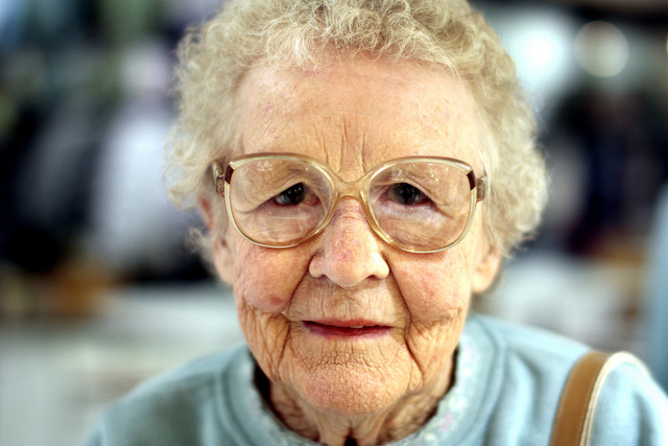Does the Opioid Epidemic Involve Seniors?
For the past couple of years, our local news has covered a story on someone(s) overdosing on opioids. I’ve seen cases of someone being found dead from an overdose, or found unconscious and after given Narcan, they survive. One case showed a mom and dad passed out in the front seat of their car from overdosing on opioids while there were 2 young toddlers in the back seat. Another case told of 4-year-old who called 9-1-1 after finding mommy on the bathroom floor. Paramedics said it was an overdose, but by the time help arrived, it was too late.
People overdosing on opioids come from all sectors of life, from the wealthy, middle and lower income brackets, to every ethnic group and from successful career people to unemployed addicts.
One thing that all of the cases I’ve seen on the news, have in common is that they were all younger than 50-years of age, which raises the question of whether or not the opioid epidemic involves seniors or not?
According to the Wall Street Journal:
“The epidemic of opioid abuse sweeping the U.S. might seem like a distant phenomenon to the average middle-aged patient who is getting a joint replacement, visiting an emergency room or seeking help with persistent pain from a primary-care physician.”
“But according to the Centers for Disease Control and Prevention, Americans age 45 to 64 accounted for about 44% of deaths from overdoses in 2013 and 2014. And the proportion of adults 50 and older seeking treatment for opioid addiction has increased dramatically in recent decades.”
According to AARP:
“AMERICANS OVER 50 are using narcotic pain pills in surprisingly high numbers, and many are becoming addicted. While media attention has focused on younger people buying illegal opioids on the black market, dependence can also start with a legitimate prescription from a doctor: A well-meant treatment for knee surgery or chronic back troubles is often the path to a deadly outcome.”
“Consider these numbers:
• Almost one-third of all Medicare patients — nearly 12 million people — were prescribed opioid painkillers by their physicians in 2015.
• That same year, 2.7 million Americans over age 50 abused painkillers, meaning they took them for reasons or in amounts beyond what their doctors prescribed.
• The hospitalization rate due to opioid abuse has quintupled for those 65 and older in the past two decades.”
And turning to the Society of Certified Senior Advisors:
“Seniors are more susceptible than the rest of the population to addiction, and the consequences can be more serious for several reasons:
- Older adults have more pain, in general, and rely on opioids to relieve the pain. In fact, chronic pain is cited as the main reason for taking opioids, compared to younger people, who may take them for relaxation.
- Seniors have more issues with memory, so they are more liable to forget they took a dose and retake it. For certain medications, that can be fatal.
- Falls are more likely for seniors on opioids, significantly raising their risk for potentially serious fractures.
- Seniors take more prescription medications, as well as over-the-counter drugs, than other age groups—consuming one-third of all prescription drugs in this country. In addition, because most older adults take more than one medication, the risk of harmful interactions is high.
- Diagnosing addiction is more difficult because seniors have medical issues, such as fatigue or confusion, which can hide the symptoms of addiction.
- As we age our liver function decreases, and it can be harder to filter medicines from our bodies. Because we metabolize synthetic drugs at different rates, some seniors can become addicted or overdose easily.
- Alcohol abuse is a serious problem among seniors, thereby raising the risk for a sometimes deadly combination of alcohol and painkillers.
- For conditions such as spinal stenosis, surgery is not an option for some elderly, because of the risks, so painkillers are the only solution.”
While most of the opioid overdose cases we’re hearing on the news on a regular basis generally involves illegal street drugs like heroin and heroin laced with fentanyl, the opioid epidemic plaguing seniors generally involves prescription drugs. As a rule, older people have more aches and pains and therefore are prescribed more pain pills, often leading to addictions and overdoses.
If this is you or someone in your family, be careful of addiction and abuse of prescription pain killers. There is no need to be another statistic.









Recent Comments